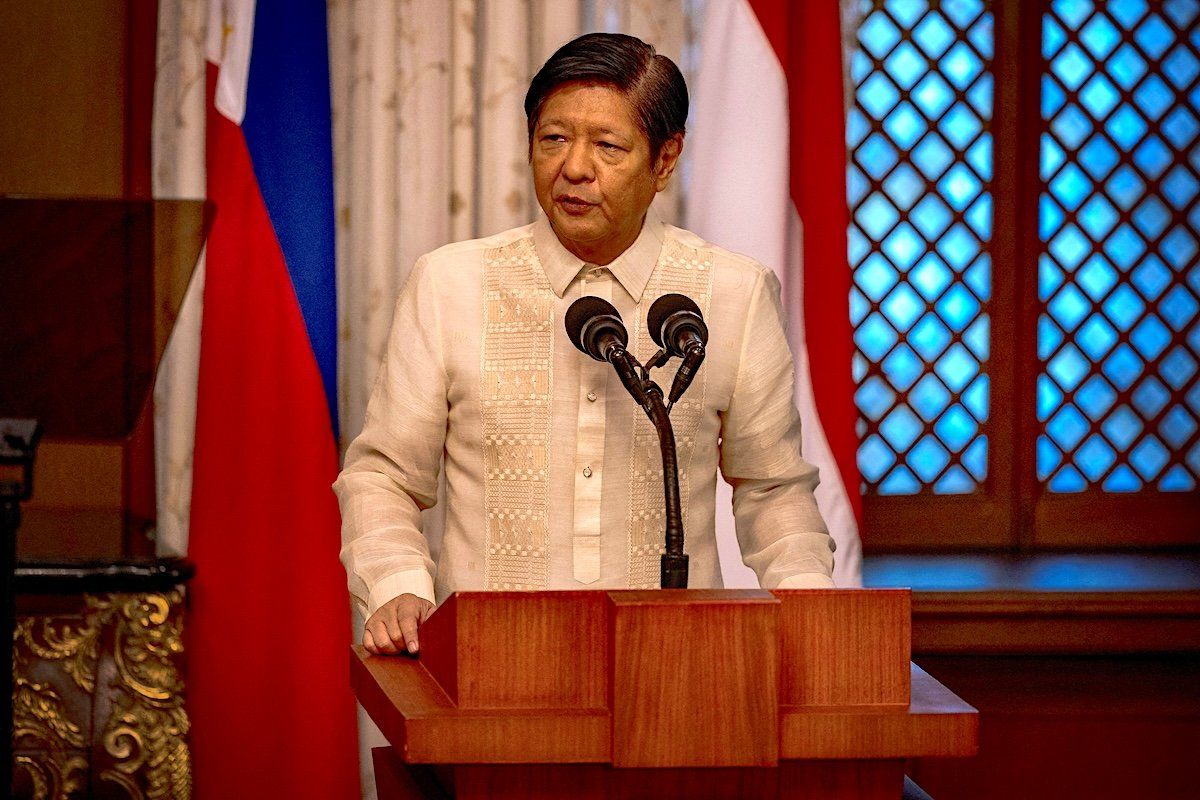An escalating feud between President Ferdinand Marcos Jr. and his predecessor, Rodrigo Duterte, boiled over Sunday, when Marcos said the former president’s threat to lead a secession movement would be met with force.
Secession, you say? The Philippines has seen multiple secessionist movements over the years, but the most militant ones today are aligned with the Islamic State group, and it’s unclear how Duterte would carry out his threat.
Really, it’s just the latest outburst in their rhetorical scrum and a step up from their mutual accusations of drug abuse.
The beef? Marcos is rolling back Duterte's signature pro-China policies and has threatened to rejoin the International Criminal Court, where Duterte faces human rights charges over the war he launched against drug traffickers during his presidency.
Power moves. Term limits prevent Duterte from being president again, but he still leads the PDP-Laban party, which was stymied in the 2022 elections but is positioning for a comeback. Duterte wants to knock Marcos off balance in the short term to run up numbers in the midterm elections next year. That makes even more sense when you consider that Duterte’s daughter is – believe it or not – Marcos’ VP… and a front-runner for the 2028 presidential race. For now, she’s staying out of it and reaffirming her support for Marcos.
